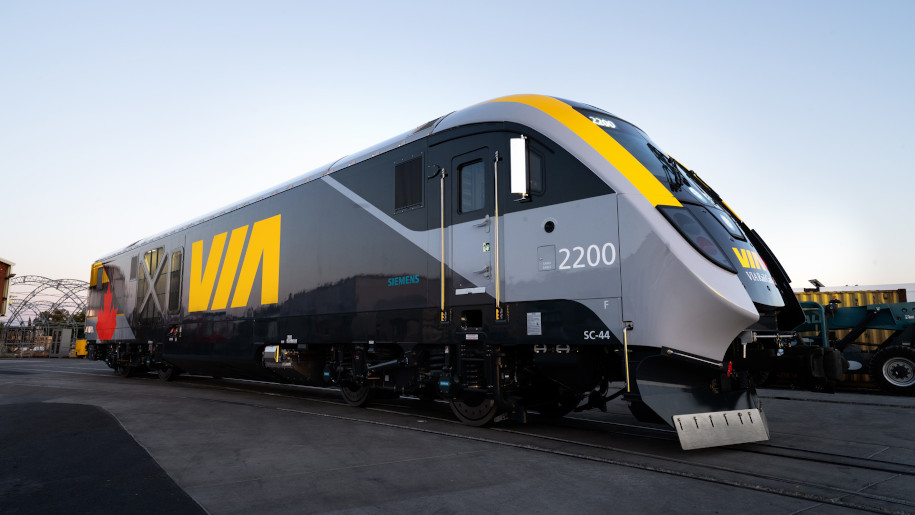Via Rail’s punctuality has plummeted to unprecedented levels in recent months, with internal documents revealing that trains along the busy Windsor-Quebec City corridor arrived late 80% of the time in February and 67% in January. The Crown corporation pins the blame on new speed restrictions imposed by Canadian National Railway Co. (CN), which owns most of the tracks Via uses.
The decline marks a stark contrast to last year, when late arrivals hovered below 30% in the same months. Via attributes the surge in delays to CN’s October 2024 rules requiring its new Siemens Venture trains to slow at crossings and visually confirm safety barriers—rules CN says address risks tied to the trains’ design. With only 24 axles per set, the Ventures fall short of CN’s 32-axle threshold for reliable crossing detection, triggering a standoff between the two rail giants.
“CN flagged this shunt issue well before we bought the trains, but Via ignored repeated warnings,” said CN spokesman Jonathan Abecassis, defending the restrictions as a safety imperative. “We won’t gamble with lives.” Via counters that CN’s infrastructure, not its rolling stock, is the root problem, citing a March 2024 CN notice admitting “defective” crossing devices between Quebec City and Montreal.
The fallout is hitting passengers hard. A Via summary reports “plummeting” satisfaction in late 2024, with ticket sales dipping as travelers abandon trains for alternatives. “Thousands are affected daily,” Via stated in November court filings, where it seeks an injunction to lift the restrictions. CN insists slowing Via’s trains hampers its own freight operations, which “power the economy.”
The dispute escalates a years-long tension over track access. Via, reliant on CN’s network, has pushed since 2023 for a fairer deal via the Canadian Transportation Agency. Meanwhile, the Venture fleet—fully rolled out by mid-2024—promised modernization but now symbolizes a service in crisis. As delays mount, calls grow online for dedicated passenger tracks to break the deadlock.

